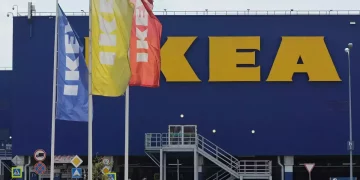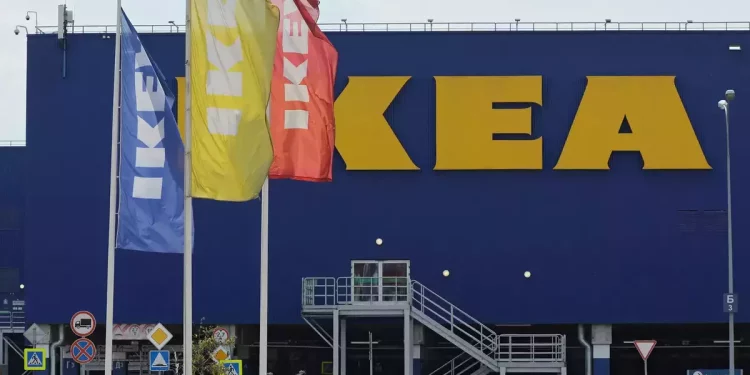IKEA Korea has announced the cancellation of its highly anticipated logistics hub in Pyeongtaek, Gyeonggi Province, which was set to become Asia’s largest automated logistics center. The decision marks a significant shift in strategy for the Swedish home furnishing giant as it adapts to evolving consumer trends and the fast-changing e-commerce landscape.
A Bold Vision Abandoned
Initially announced in November 2020, the Pyeongtaek logistics hub was part of an agreement between IKEA Korea, Gyeonggi Province, and four other global logistics companies. The project aimed to attract 750 billion won ($525 million) in investments and establish a state-of-the-art facility in the Poseung industrial complex. Spanning 102,000 square meters, the hub was designed to streamline IKEA’s supply chain in Asia, supporting both online and offline channels.
However, in its latest audit report (September 2023 – August 2024), IKEA reclassified the site as an asset for sale, valuing it at 55.5 billion won ($38.6 million). The company also recorded an impairment loss of 860 million won, signaling a definitive halt to the project.
Why IKEA Pulled the Plug
According to an official from IKEA Korea, the decision followed internal evaluations that identified challenges in sustaining the project amid changing consumer lifestyles and the dynamic growth of e-commerce. The company has opted for a more cautious approach to investments, prioritizing efficiency and cost-effectiveness over expansion.
“We remain committed to optimizing our fulfillment capacity to enhance customer service,” said the spokesperson. “This includes improving efficiency across both online and offline platforms.”
This move reflects a broader trend in the retail industry, where companies are rethinking large-scale infrastructure projects in favor of agile, technology-driven solutions.
Economic and Local Impact
The cancellation of the logistics hub is a setback for the Gyeonggi Provincial Government, which had hailed the project as a major economic driver. The Poseung industrial complex was expected to benefit from job creation, increased logistics activity, and enhanced regional infrastructure. The withdrawal of IKEA dampens these expectations, though the province will likely continue seeking alternative investments to utilize the land and maintain economic momentum.
What’s Next for IKEA in Korea?
While the logistics hub project has been shelved, IKEA Korea remains committed to the South Korean market. The company continues to operate its existing stores and invest in enhancing its digital and physical retail operations. This includes leveraging technology to streamline inventory management, improve last-mile delivery, and enhance the overall customer experience.
The Pyeongtaek site, now reclassified as an asset for sale, could attract interest from other logistics companies or developers looking to capitalize on its strategic location in one of South Korea’s fastest-growing industrial hubs.
A Sign of Changing Times
The cancellation underscores a pivotal shift in how global retailers approach logistics and supply chain management. As consumer expectations evolve and e-commerce accelerates, companies like IKEA are increasingly focusing on scalable, technology-driven solutions over traditional infrastructure-heavy investments.
While the shelving of the Pyeongtaek logistics hub may seem like a setback, it is a testament to IKEA’s adaptability in a rapidly changing retail landscape. The company’s renewed focus on efficiency and agility positions it to remain competitive as the global market continues to evolve.
For South Korea’s logistics sector, the move highlights the need to embrace innovation and explore new opportunities to attract investments in a post-pandemic world.























